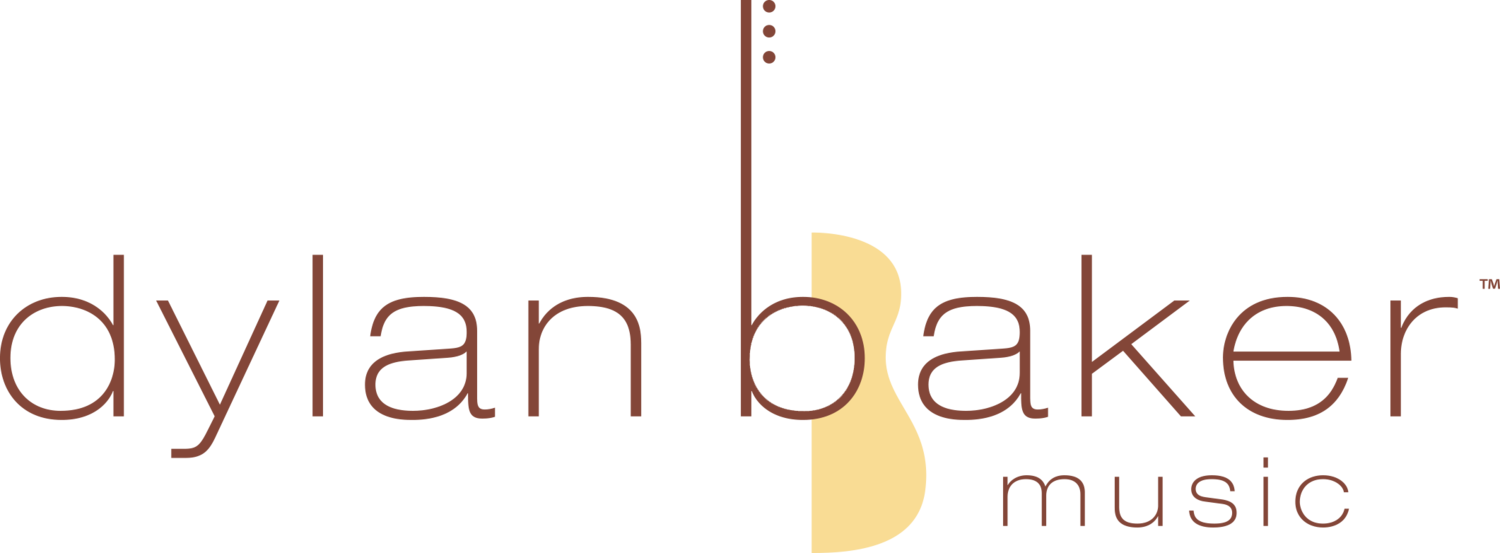Can you count how many songs you heard today? Since lunch? In the last hour? If you found this challenging, don’t beat yourself up…conscious of it or not, the average adult listens to about four hours and five minutes of music per day. That’s roughly a fifth of any given day dedicated to music consumption. Engaging with music is as natural a part of our routines as eating food and drinking water - and we’ve all been doing it since birth. So what has it been doing for us?
In honor of back to school season, our next three posts will explore the effects of music on the brain and behavior from infancy to early adulthood, and how a little intentionality in music education can boost benefits for our kids.
First Beats Before First Steps
Even before birth, research has suggested that infants’ response to musical experiences the last few weeks in the womb can help lay groundwork for cognitive, emotional and mental development. And early response to music only strengthens once babies are born.
In a recent study conducted by the University of Washington’s Institute for Learning & Brain Sciences, babies who engaged in musical play sessions showed improvements in brain processing for music and speech, pattern recognition, and language development. Says researcher Patricia Kuhl, “The baby’s job is to recognize the patterns of activity and predict what’s going to happen next. Pattern perception is an important cognitive skill, and improving that ability early may have long-lasting effects on learning.” This means that giving babies songs and instruments to engage with early on can set them up to be better learners for life.
In addition to strengthening cognition and learning patterns, engaging with music together early on can also strengthen emotional parental bonds. According to Laurel Trainor, Ph.D. and director of the McMaster Institute for Music and the Mind, “moving to music with someone triggers the release of oxytocin”, meaning that a shared musical experience is a breeding ground for building strong connection. The good news gets better - you can play with your baby to just about any music you want. According to Trainor, "If you play music that you enjoy, you'll have more fun listening and singing along with your baby", creating a great experience for you both.
The best part about starting your child’s music education early is that it’s pretty accessible. If you have a playlist, room to dance, and something to bang on, you have an opportunity to engage and strengthen musical pathways in your child’s brain before they walk or talk, laying a foundation that can grow with them.
Further Reading:



